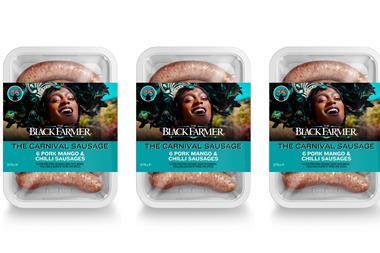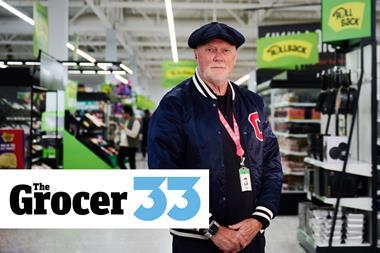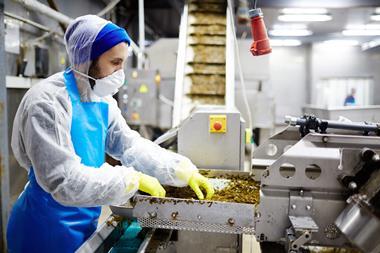
Supermarket buyers are under the cosh. There’s a tsunami of cost price increase demands coming through right now from every corner of the supply base. Quite rightly they need to know these claims are legitimate. The big four want to learn the lessons from previous price inflation spikes, when they passed them on for the sake of extra cash margin – opening the door for the discounters, who kept a far tighter lid on prices, to sweep up.
But as we report, the negotiations are unprecedented in the level of detail that’s being demanded. Transport, packaging and raw material cost breakdowns are just for starters. On composite products, for example, many justification sheets are now at product component level. One even wants a breakdown by component increase. And it’s now common for buyers to routinely ask about details such as overheads, margins, and even NI insurance payments.
It’s not just that some of this information is highly confidential. It simply isn’t reasonable or realistic for buyers to go in to this level of detail – to understand the full end-to-end workings of a business, and all its SKUs – to justify a price increase. One pities buyers the rods they’ve made for their own backs. And what makes it even harder for them is that, having responded to supplier demands, they’re facing a second wave, as further unforeseen costs, and higher than expected costs, continue to filter through.
But the sympathy only goes so far. Because some of this extra paperwork is a smokescreen. Not only does it cover up a lack of knowledge among some buyers. The sheer onerousness of the forms delays cost price increases – first, as the supplier works through the minutiae of the forms, and second as the buyers wade through the detailed responses.
Supermarkets consider this ‘reasonable’. But in situations like this, the ‘standard’ 12-week period for negotiations as set out by the Groceries Supply Code of Practice should not always apply. We are not seeing normal behaviour from suppliers. There’s a level of desperation we’ve not seen before. Mixed with exasperation as buyers hold out.
Amid all the rows about racism right now, the UK food and drink industry can be proud that it not only embraces so-called world cuisine, but reflects our multicultural society. There’s an exception to this rule, however, as evidenced by the lack of black entrepreneurs in the food and drink space.
Earlier this year a non-profit was set up to help change that. Add Psalt has made great progress, unearthing a number of exciting new startups launched by black entrepreneurs. Meanwhile, our initial coverage inspired Selfridges buyer Adrian Boswell to showcase six exciting food and drink brands from black entrepreneurs. All the brands selected were different from ours – proof of the wealth of black talent out there.
One thinks too of trailblazers like Wilfred Emmanuel-Jones, whose The Black Farmer brand is a supermarket staple and was recently co-branded on an M&S jerk paste; and 2015 Dragons’ Den winner Chika Russell, who has gone on to win national and international listings in major mults. The future is bright for black entrepreneurs in food and drink. Welcome news.



















No comments yet